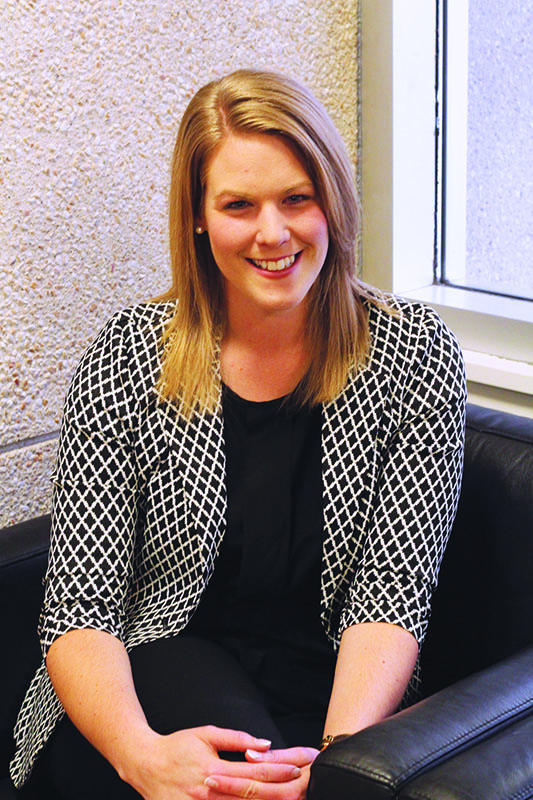No matter how you feel about politics or the candidates who ran, history was made right here in Lethbridge the night of the 2015 Federal Election.
Conservative candidate, Rachael Harder, won the riding of Lethbridge, with one catch.
She’s a woman and the first ever to accomplish this feat.
“I’m not always sure how people are going to respond to the fact that a. I’m a women and b. I’m quite young,” said Harder.
She’s been in office for about a month now, she’s had a taste of the House of Commons and now she’s working on building her team here in Lethbridge.
But Harder’s victory wasn’t the only triumph for women the night of the election.
In fact, Canadian voters elected 88 female members of parliament, putting female representation in the House at 26 per cent.
However, this is a far cry from the 30 per cent defined by the United Nations as the minimal percentage of women required for a government to reflect women’s concerns.
As a result, Canada ranks 50th behind countries like Sweden, Finland, Spain and New Zealand.
Ann MacLean, Former President of the Federation of Canadian Municipalities, said Canada is a world leader in many things, but unfortunately women’s participation in politics is not one of them.
“Our goal is to reduce the real democratic deficit, the one that sees half of our population under-represented in our political institutions.”
In an attempt to create gender parity, the election of Justin Trudeau saw the Liberals create the first cabinet in Canadian history split 50:50 between men and women.
Harold Jansen, professor of political science at the University of Lethbridge, said this was the biggest leap forward coming out of the election, because it sent a message that politics is for everyone, men and women.
“The hope is two fold. One is that we will see cabinet maybe operate a little bit differently. There is research that suggests once you get a critical mass of women, it changes the way organizations operate to reflect more feminine values. But it’s also an important role model message that women see themselves in high positions of power in Ottawa.”
Still, Jansen said despite gains made for women, it’s amazing how long it’s taken to get to this point and how slowly it’s taken to progress.
“A lot of has to do with the nomination structures of political parties, that’s what most of the research tells us. “In Canada, the tradition has been to leave it to the local party organizations to nominate their candidates and they have tended to be much slower at nominating women,” said Jansen.
Nevertheless, as the first women elected in Lethbridge, Harder said she never felt being a woman was a barrier.
Instead she views her gender as an opportunity and an advantage.
For those thinking of following in her footsteps, Harder said dream big.
“I would say to every woman who wants to aspire towards political office, go for it. The number one thing, find someone to champion you and go all the way.”



